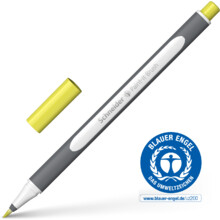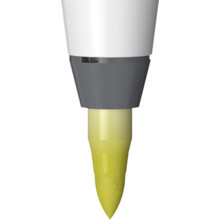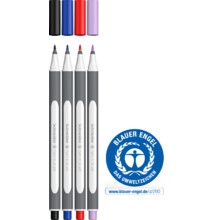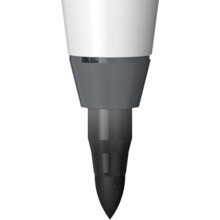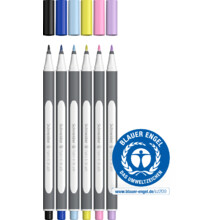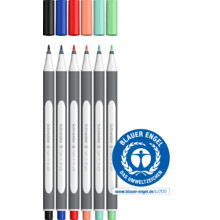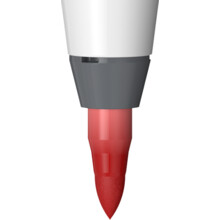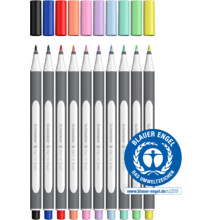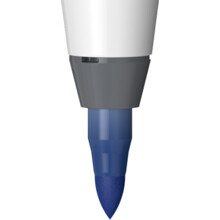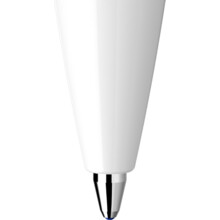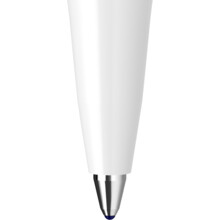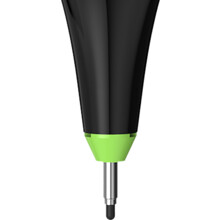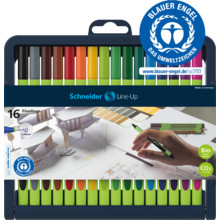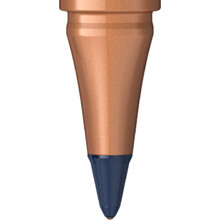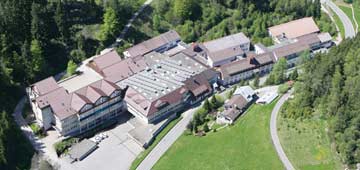Activation of Google services such as YouTube videos, maps, address completion, or security questions.
IDE
Used by Google DoubleClick to record and report the actions of the user on the web page after viewing or clicking on one of the provider's ads, for the purpose of measuring the effectiveness of an advertisement and displaying targeted advertising to the user
Storage duration: 1 year
DSID
Tracking & Remarketing. This cookie (which is set by a script) is used to collect information for advertising purposes, more specifically for anonymous tracking of ad campaigns and anonymous data collection
Storage duration: 13 days
1P_JAR
This cookie is used to support Google's advertising services
Storage duration: 1 month
CONSENT
This cookie is used to support Google's advertising services
Storage duration: 20 years
NID
This cookie is used to support Google's advertising services
Storage duration: 20 years
UULE
Saves your preferred settings
Storage duration: 2 years
SIDCC
Security cookie to protect the user data from unauthorized access
Storage duration: 2 years
APISID
These cookies allow YouTube to collect usage information for videos hosted by YouTube
Storage duration: 2 years
HSID
Includes encrypted entries of your Google Account and last login time to protect against attacks and data theft from form entries.
Storage duration: 2 years
SAPISID
These cookies allow YouTube to collect usage information for videos hosted by YouTube
Storage duration: 2 years
SID
Includes encrypted entries of your Google Account and last login time to protect against attacks and data theft from form entries.
Storage duration: 2 years
SSID
These cookies allow YouTube to collect usage information for videos hosted by YouTube
Storage duration: 2 years
DV
These cookies track the way you use our website to show you advertisements that may be of interest to you.
Storage duration: 2 years
SNID
Google cookies with the functions of measurement, reporting and spam defense.
Storage duration: 1 year
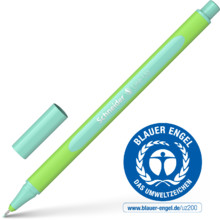
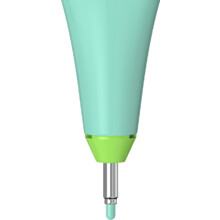


 Nigeria
Nigeria  Poland
Poland  Turkey
Turkey  United States
United States  Deutschland
Deutschland  Österreich
Österreich  Schweiz
Schweiz  Suisse
Suisse  Italia
Italia  France
France  Argentina
Argentina  España
España  Nederland
Nederland  Belgique
Belgique 